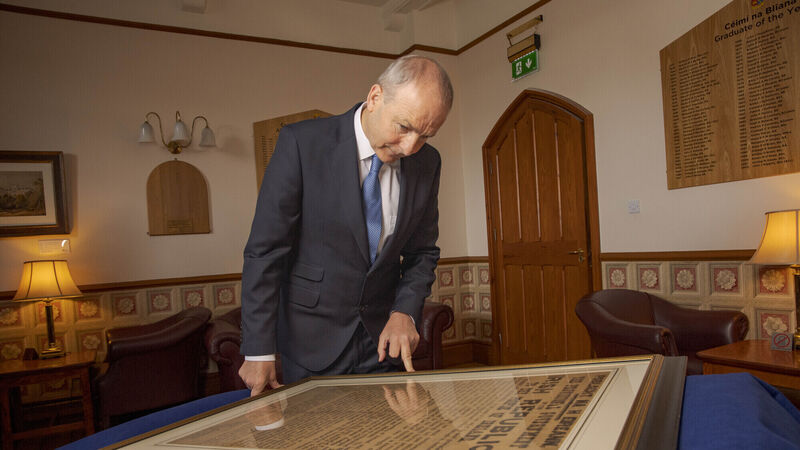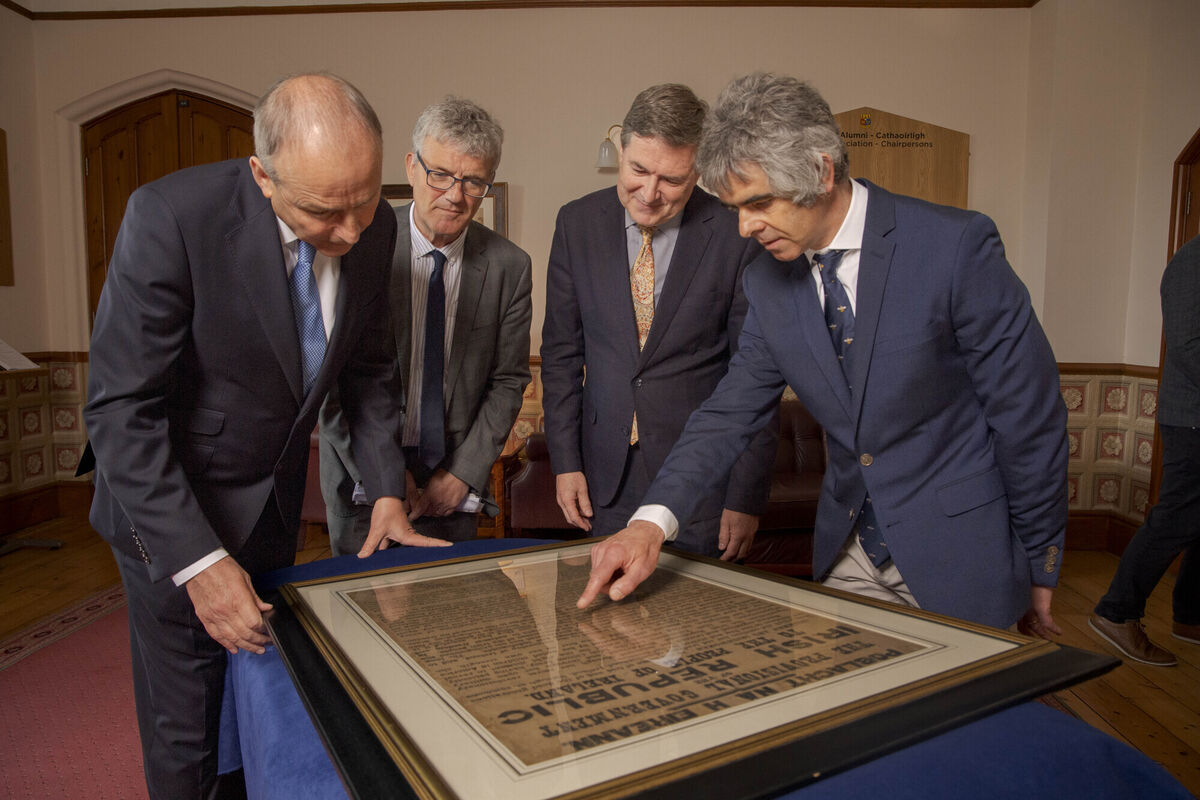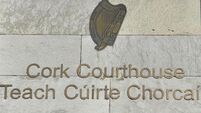We must do more to understand nuances of Civil War, says Taoiseach

REPRO FREE
The Irish public need to do more to understand the nuances of Civil War events and impacts, to “break the cycle of division and build understanding”, according to Taoiseach Micheál Martin.
Delivering the opening address at The Irish Civil War National Conference at UCC on Wednesday, the Taoiseach said that despite the fact the nation has “never stopped talking about the Civil War”, we have “done too little to try and understand it”.
His speech also touched on the “rigid inflexibility” of powers in London in treaty negotiations, as well as “long lasting” misogynistic attitudes to women instilled into Irish politics a century ago.
Having studied Irish history during both his BA and MA in UCC, Micheál Martin was at home amongst the scholars and history fanatics who have gathered this week to examine various aspects of the Irish Civil War, joking that he has more experience sitting exams in the university’s Aula Maxima, than delivering speeches.

In his address the Taoiseach said that reflection and remembering of the Civil War is often robbed of context and complexity, “reduced to a handful of elite decisions" and has been "presented as having a fixed impact on politics”.
“It did not have a single cause or a pre-determined progress. Its protagonists were not all defined by a fixed will and rigidity. It cannot be understood by reference to the actions of a handful of individuals. And its legacy is not meaningfully understood by applying a one-dimensional view of subsequent party politics,” he said.
He made note of the “rigid inflexibility” from London at the time of the Treaty drafting, insisting on certain provisions, and said it was a contributor to the subsequent war, as key figures in Dublin “were never allowed a free hand to find a shared route forward”.
He highlighted that London’s constant “inflexible insistence” on its own terms, and “complete failure” to protect minorities in Northern Ireland escalated divisions and “reinforced the views of those who questioned the good faith of London”.
The Taoiseach also spoke about how Civil War times instilled a “deep and unfortunately long-lasting misogyny” in Irish politics, quoting past TD Batt O’Connor’s image of women TDs as “angry cats”, often found “mudslinging and name calling and spitting and frothing to the mouth” in government chambers.
He called on Irish people to “do far more to engage with how the state which was formed in 1922”, commending the “remarkable depth of historical research” which has been undertaken by scholars in the last twenty years.
More than 130 expert speakers are set to examine various political, social, cultural, military, and economic aspects of the Irish Civil War (1922-1923) over the next few days, to mark the 100th anniversary of its beginnings, and “meaningfully engage with a difficult and traumatic time” without seeking out a single agreed narrative or sense of closure.
Supported with funding from the Department of Tourism, Culture, Arts, Gaeltacht, Sport and Media, the four-day conference is one of the key events in the State’s Decade of Centenaries Programme for 2022.
Admission is free and the conference is open to the public.
Conference proceedings will be streamed live on www.ucc.ie/civilwar with the opening and closing days set to be live-streamed by RTÉ.







 App?
App?


